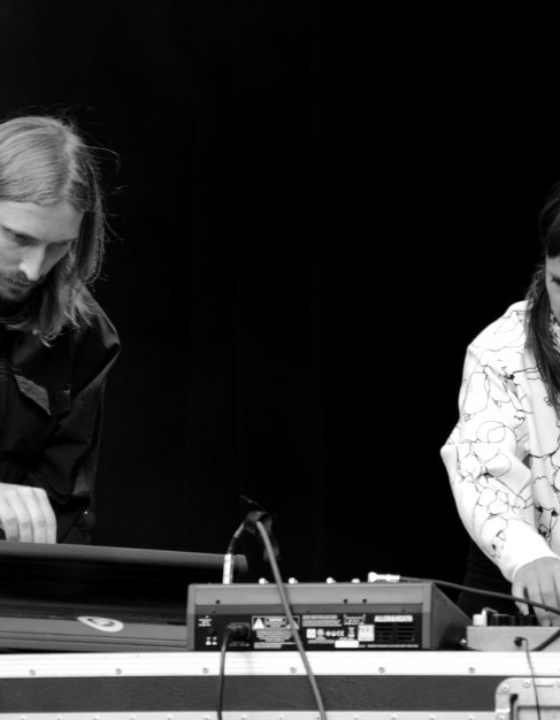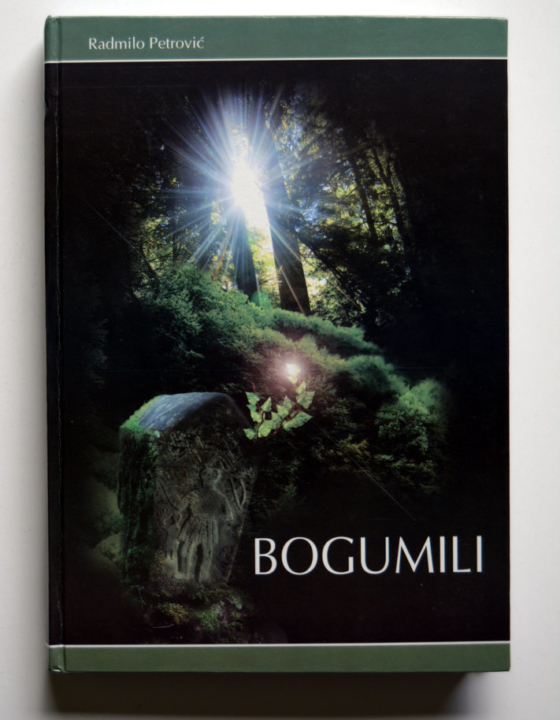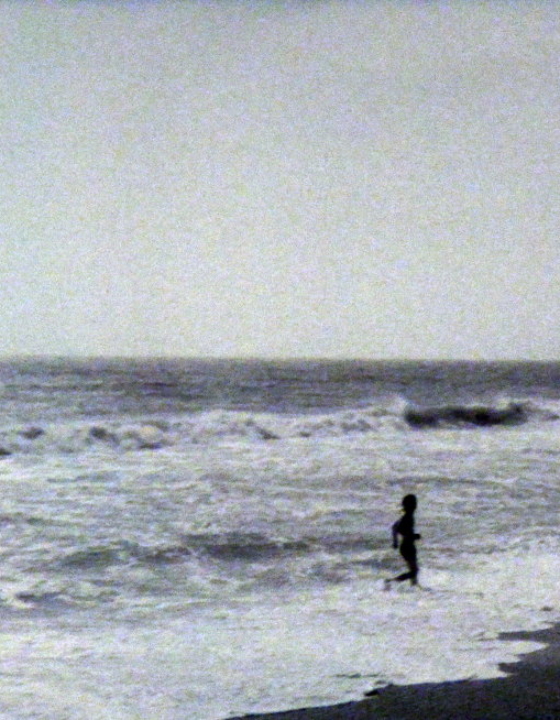For more than ten years I have not owned a TV set. And only in my childhood memories I can remember doing sloppy watching, zapping through the channels, watching MTV and other late 80’s and 90’s shows.
… television is a centralized system for storytelling about our social and symbolic environment, that are essential parts of our everyday life. (Jesper Strömbäck, 2009, p.130)
We as humans have always made efforts to reach some kind of altering states and escapism – for inspiration or recreation. Storytelling is a way of relating to our lives – like George Carlin made you think and laugh at the same time. But what does the content of the TV-nights make the viewers? In Sweden 86 procent of the population watches TV (Mediebarometern NORDICOM 2010, p.14). The highest number of viewers are from 19.00 – 22.00. The average minutes watched per day are 98 minutes from the ages between 9 – 79 (Ibid.). And that isn’t surprising since people after work like to watch or at least have the TV set on in the background. It is a fact that individuals and groups are most effectively suggestible when they are under stress or tired. Propaganda is preferably communicated in these states of mind to the people. Nobody does propaganda in the morning!
We as a human race are born into a symbolic world and TV has been the main messenger of symbols for the whole world for many years now. It cultivates our view on the world. The late media professor Georg Gerbner said it doesn’t matter what comes first – the chicken or the egg. In the aspect of TV cultivation there is a gravitational center, centralized and steady. So all viewers are related or kept within this cultivation and gravitation. According to Gerbner it is always television that has the cultivation privilege. Children watch TV before they talk and write! He also had a good definition on cultivation:
The world view reported every day to the highest viewing numbers.
So the TV is also what most people in the world still grow up with, even today when new technologies and options are available. TV still holds the privilege of definition of the world to the viewers.
Now let us look att escapism, there is a good definition from Morgan Shanahan:
“The representational reality we must accept to fallow a specific story, news or event. The viewer must accept that this could happen in reality to watch it”. (Morgan, Shanahan, 1999, p.21). The TV never leaves anything hanging in the air!
This definition gives us an idea about how people actually watch the same storytelling in different programs and films. There is an addiction behind it. Aldous Huxley talks about the perfect drug in his Berkeley speach, 1961. The main characteristics of the perfect drug are:
• No physical symptoms
• Effects of escapism or altering of mind
• Easy to obtain
• Unconsciously addictive
This definition of a perfect drug is clearly fitting into TV consumption. Combined with the fact that most of the population uses this drug in a state of stress, fatigue or for the need of escapism and cultivation. That leaves the same people being in a direct suggestible position. All needed aspects are stimulated by this drug. Even now when many get their information through the internet, TV is still the main medium.
Watch closely and se how a new repport, a mainstream film and even child stories are always told the same way. It is some kind of propaganda and manipulation on a deeper level that bites its way to the subconsciousness. So when humans should function as wholesome and compassionate beings something stops that. The acceptance of the story-formula impregnated from our child years comes alive – and hinders our true nature. So that is one piece of the puzzle of answering how come humans can be so passive in relation to violence, respect, justice and war. And why governments always seem to have the upper hand on explaining why it should use tax money to go to war, or to finance a war – or as in many countries to profit from war.
Here is a lecture by Aldous Huxley on the Ultimate Revolution. The transcript is available as a PDF download file or in full text for online reading in this post Transcript of Aldous Huxley’s speech ‘The Ultimate Revolution’ at Cal Berkeley, 1962.








What do you think?